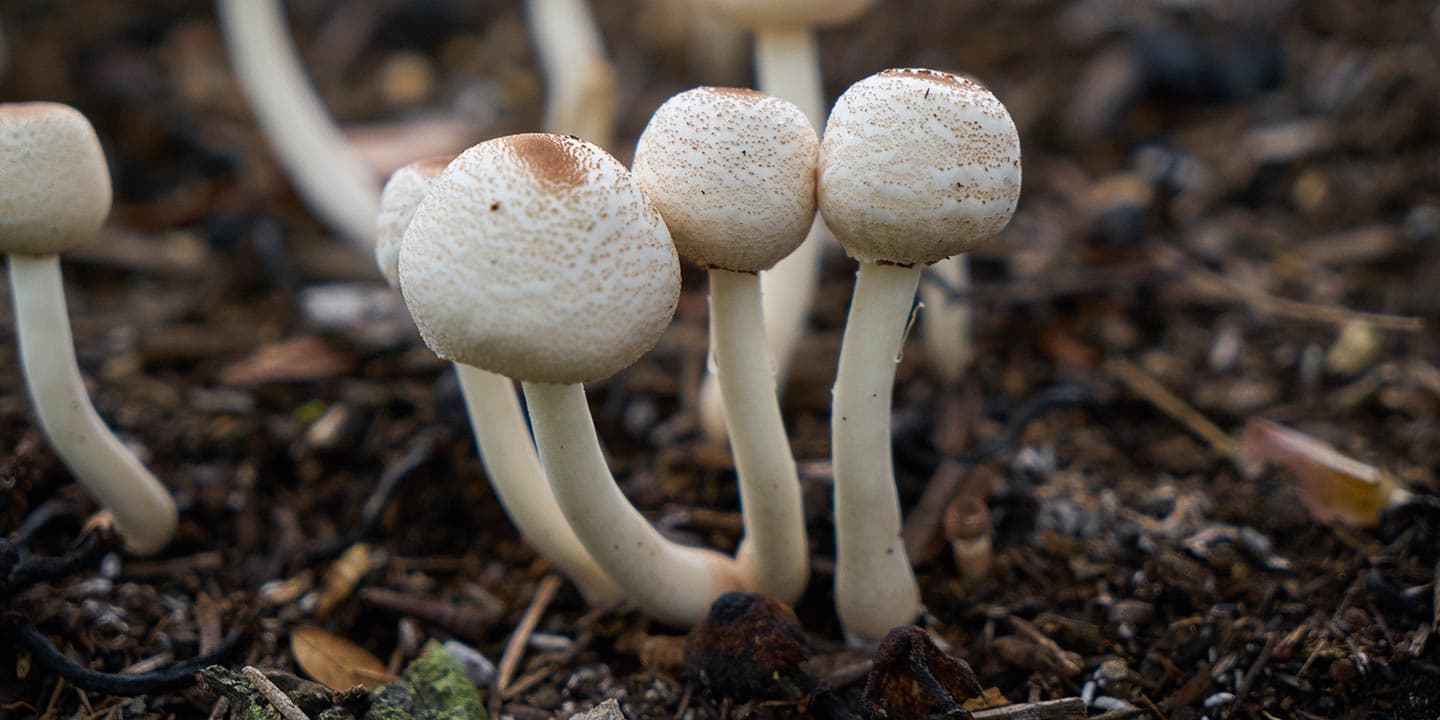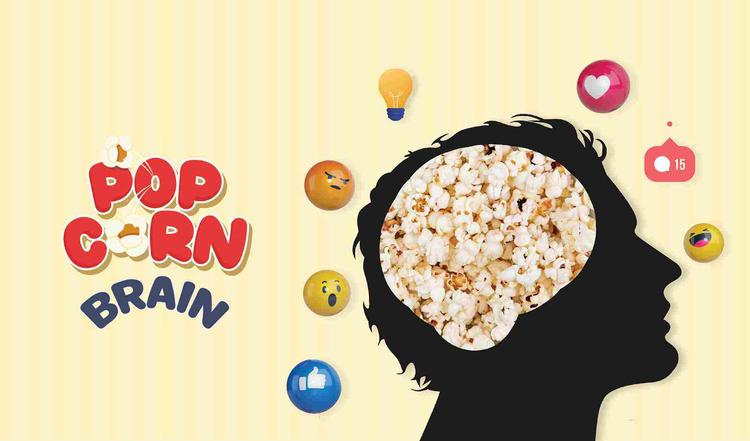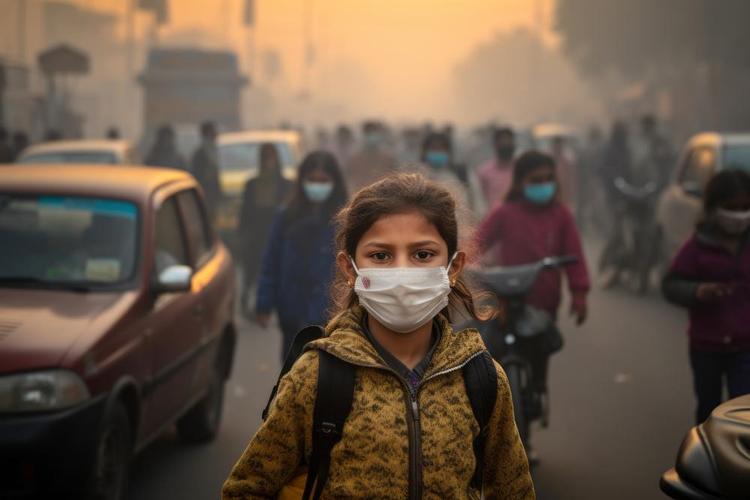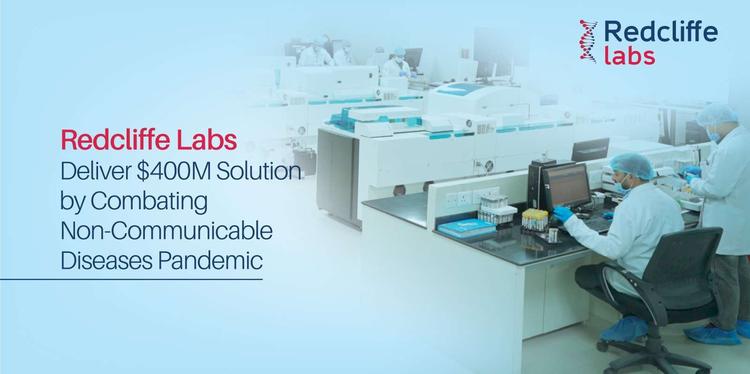Psychedelic Mushroom Chemical May Help Treat Depression

Medically Reviewed By
Dr. Ragiinii Sharma
Written By Prekshi Garg
on Dec 2, 2022
Last Edit Made By Prekshi Garg
on Mar 14, 2024

The mention of psychedelics often incites a negative emotion, making us think they are only good for “getting high” or their impacts are only limited to recreational use. A recent study published in “The New England Journal of Medicine” says otherwise.
According to a new study, the active compound psilocybin, found in psychedelic mushrooms, has antidepressant effects in patients who suffer from treatment-resistant depression.
The findings in the new study are a breakthrough that could potentially change the treatment route for depression and other mental disorders.
We will discuss more on that in this article and how the future of psychedelics looks like in the field of modern medicine in the future of depression treatment.
What is Treatment-Resistant Depression?
Media representation of depression is extremely misconstrued and mostly misleading. We are so wired to think that depression is all about being sad and a recluse that we often fail to distinguish the actual symptoms.
Major depressive disorders affect millions of people globally. Of those millions, around 30% of patients suffer from treatment-resistant depression (TRD). This is a condition wherein the patient doesn’t respond to any treatment (including behavioral therapies and medication) for depressive symptoms.
Some of the alarming signs of treatment-resistant depression include:
- No changes in the symptoms despite being on prescribed medications for 10+ weeks
- Prolonged duration of depressive episodes
- Spiked improvement in the symptoms, followed by a similar steep dip in the emotions
- Constantly being on edge and being anxious
Treatment-resistant depression is also prevalent in patients with a genetic disorder that makes them naturally resistant to certain compositions of drugs. Also, conditions like heart disease and thyroid disorders also amplify the occurrence of treatment-resistant depression in patients.
The incidence of treatment-resistant depression is more prevalent in women than in men. Given that the condition takes away from the simple joys in life, it isn’t surprising that researchers have been looking into alternative forms of treatment to address the condition for a long time now.
What does the Research Indicate?
According to the latest research published in The New England Journal of Medicine, “A single dose of magic mushroom might relieve depressive symptoms in patients with treatment-resistant depression.”
The multi-center clinical trial involved 22 international sites and is the largest study exploring the impacts of psilocybin therapy to fight the symptoms of depression in patients.
The initial results from the study indicate short-term improvements in the subjects involved in the study. However, with the spike in hope, the researchers believe they are on the right path toward exploring an effective treatment regimen for patients with TRD.
Phase II of the clinical trial involved 233 subjects, all of whom are battling depression and have seen no noticeable improvements with the treatments.
The subjects were given a dose of psilocybin, either 25 milligrams, 10 milligrams, or 1 milligram. No one, including the subjects and researchers, was aware of the dosage they received.
Of the 233 subjects, 79 received the highest dose of psilocybin, 25 mg. From that, 37% showcased improvements in their symptoms, and 29% were in remission after the three-week mark after receiving the dose.
Despite the initial positive outcome of the research, it came with many limitations. The researchers quickly noted that the impacts of psilocybin were short-termed. There was a gradual dip in the percentage of participants experiencing improvements in their depressive symptoms.
Although it isn’t a favorable result for psychiatric treatment, the researchers believe this could be a walk in the right direction. To witness even a short-lived improvement in patients who were not responding to any treatment is a win.
What is Psilocybin?
Psilocybin is a “psychedelic chemical” found in a few different types of magic mushrooms. They are native to the United States, Mexico, and South America.
The use of psilocybin isn’t new and has been a regular occurrence in various indigenous groups for centuries. It has been in use for multiple religious and therapeutic practices.
Reports suggest that psilocybin was used for treating different types of mental disorders and addiction during the mid-1900s.
At present, the use of psilocybin is not legal in most countries, including the United States. It is categorized as a Schedule-I substance, which means it isn’t suitable for medical use.
With this recent study and the gradual outcomes, we can expect things to progress in the right direction, especially when treating patients with treatment-resistant depression.
What are the Side-Effects of Using Psilocybin?
Besides the mentioned limitations reported by the researchers, the use of psilocybin also comes with a few different side effects.
Reports from the subjects suggested that patients who received the single dose reported that they experienced the following:
- Headaches
- Nausea
- Dizziness
- Fatigue
A few subjects also reported suicidal ideation and intentional self-injury during and after the study. Further reiterating these side effects, Dr. David A. Merrill, psychiatrist, and director of the Pacific Neuroscience Institute’s Pacific Brain Health Center at Providence Saint John’s Health Center in Santa Monica, CA, emphasized that experiencing such side effects is normal. It isn’t for recreational use but for medical purposes. This is a part of the research journey to open up new opportunities surrounding the use of psychedelics in treating different types of mental disorders.
What is the Future of Psychedelics in Treating Depression and other Mental Disorders?
Dr. Greg Fonzo, who is the assistant professor and co-director of the Center for Psychedelic Research & Therapy in the Department of Psychiatry & Behavioral Sciences at The University of Texas at Austin Dell Medical School, mentioned that the “future of psychedelics for treating depression and other mental disorders is still a concept that needs to be worked on.
However, Dr. Fonzo explained that the fast-acting impact is one of the attractive traits of this new finding.
Given that the prospect of the use of psilocybin is for patients with treatment-resistant depression, who aren’t showing any positive change to any other treatment, a rapid-acting treatment with psychedelics could be a breath of fresh air.
At this point, the side effects from these treatments are a limitation, and the researchers are working on identifying the why and what's involved.
Highlighting their next step, Dr. Fonzo clarified that the next phase of their clinical trial is underway. Instead of exploring the impacts of single doses like they did with Phase II, the researchers are now planning the administration of multiple doses of psilocybin. The researchers are also exploring the “relapse” side of depression treatment.
FAQs
- Do psychedelics reduce depression?
A few studies have found significant improvements in depressive symptoms with psychedelics.
- Does mushroom release serotonin?
The active compound in magic mushrooms, psilocybin, has a similar structure to the serotonin that is released in our blood. Hence, it shows promising impacts in relieving the symptoms of depression to an extent.
Conclusion
The use of psychedelics for treating mental disorders, especially something as severe as treatment-resistant depression, is a breakthrough in medical and drug research. Although the current conclusions have several limitations, we must wait for the next phases in the clinical trials to understand the potential of psilocybin and whether or not it imposes long-term changes on a depressed person’s quality of life.



